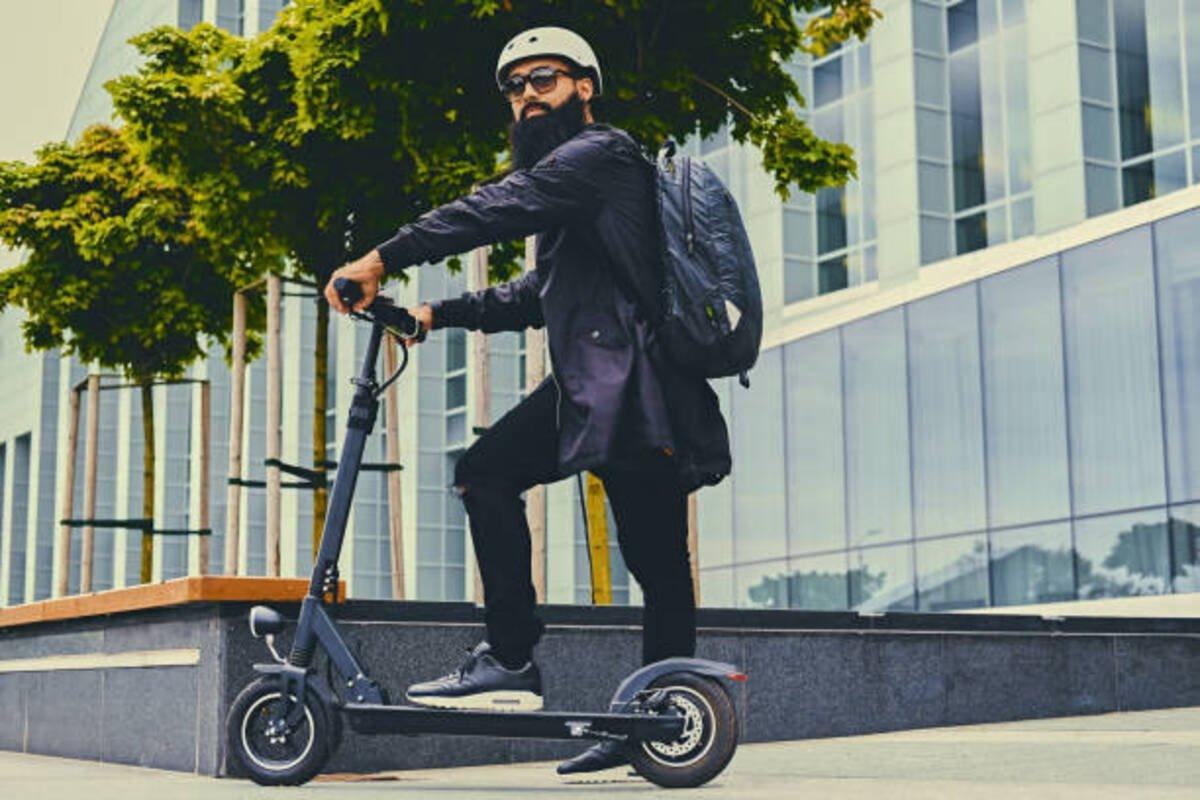
Are Electric Scooters Legal in the UK? What You Need to Know
Are Electric Scooters Legal in the UK? Here’s What You Need to Know
Electric scooters, or e-scooters, have surged in popularity throughout the UK. They’re eco-friendly, easy to use, and often more convenient than bikes or cars for short trips. But before you hop on one and head out, it’s important to understand the current legal landscape in 2025.
So, are electric scooters legal in the UK? The answer is a bit more complex than a simple yes or no. Let’s break it down.
Electric Scooter Use on Public Roads and Pavements
As of now, privately owned electric scooters are not legal to ride on public roads, cycle lanes, or pavements in the UK. They are considered motor vehicles under the Road Traffic Act 1988 but cannot be insured, taxed, or registered for road use, which makes public riding unlawful.
If you’re caught riding a private e-scooter on public land, you could face fines, points on your driving licence, and even have your scooter seized by police.
Where Can You Legally Ride an Electric Scooter?
Currently, electric scooters can legally be used on private land with the landowner’s permission. This includes private estates, business parks, and large driveways. It’s a great way to enjoy your scooter safely and legally—especially if you're testing out a new model or using it for leisure.
Government E-Scooter Trials in the UK
The UK government is running rental e-scooter trials in selected cities such as London, Bristol, and Nottingham. These scooters are provided by licensed operators and must meet strict safety and technical standards.
If you're in a trial zone, you can legally ride a rental e-scooter on roads and cycle paths (not pavements) provided you:
- Are over 18
- Hold at least a provisional driving licence
- Follow local rules set by the operator and council
These trials are helping the government assess the viability of future e-scooter legislation.
Will Private Electric Scooters Ever Be Legal?
The Department for Transport has expressed ongoing interest in legalising private e-scooters. Legislation has been discussed and delayed several times, but momentum is building. Many experts believe that full legalisation—possibly with requirements for speed limits, insurance, or helmets—could arrive in the near future.
Until then, private scooters remain restricted to use on private land only.
How to Stay Safe and Within the Law
If you own an electric scooter, here are a few tips to stay safe and compliant:
- Ride only on private property with permission
- Always wear a helmet, even if it’s not legally required
- Use lights and indicators if riding at dusk or in trial zones
- Avoid high speeds unless you're on a closed course or trail
- Check local rules if travelling with your scooter
Best Use Cases for Your Electric Scooter in the UK (Right Now)
While public road use is still restricted, you can still get great use out of your e-scooter:
- Private estates and driveways
- Campgrounds and holiday parks
- Large business campuses
- Race tracks and closed circuit areas
- Urban green spaces with permission
These are ideal places to ride without risking fines or legal trouble.
Final Thoughts
Electric scooters are here to stay—but UK law still hasn’t fully caught up. While privately owned e-scooters can’t legally be used on public roads, trial schemes and private land use give you plenty of room to enjoy them safely. As laws evolve, it's essential to stay informed and ride responsibly.
Thinking of buying an electric scooter? Make sure you understand where you can use it legally, and invest in a model that meets your personal needs. Check out our full collection of performance, commuter, and seated electric scooters—perfect for private use or future-proofing your ride.












